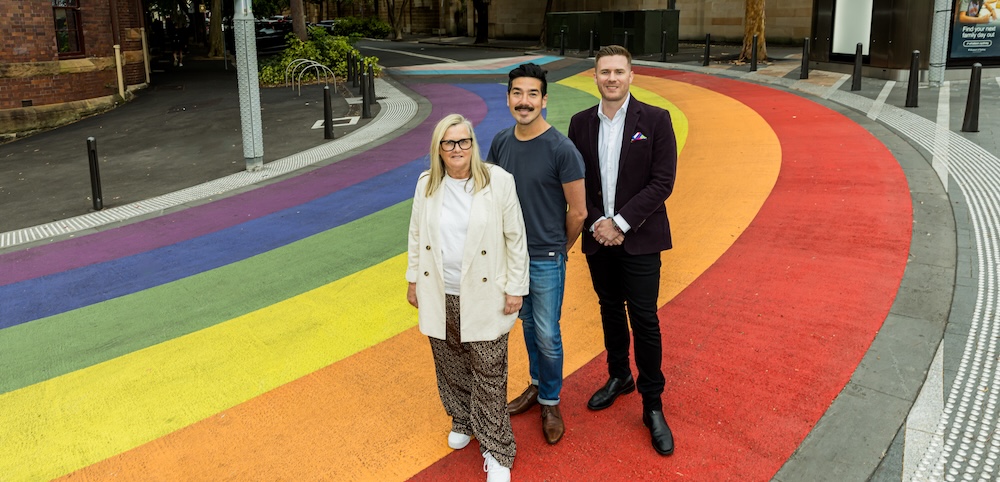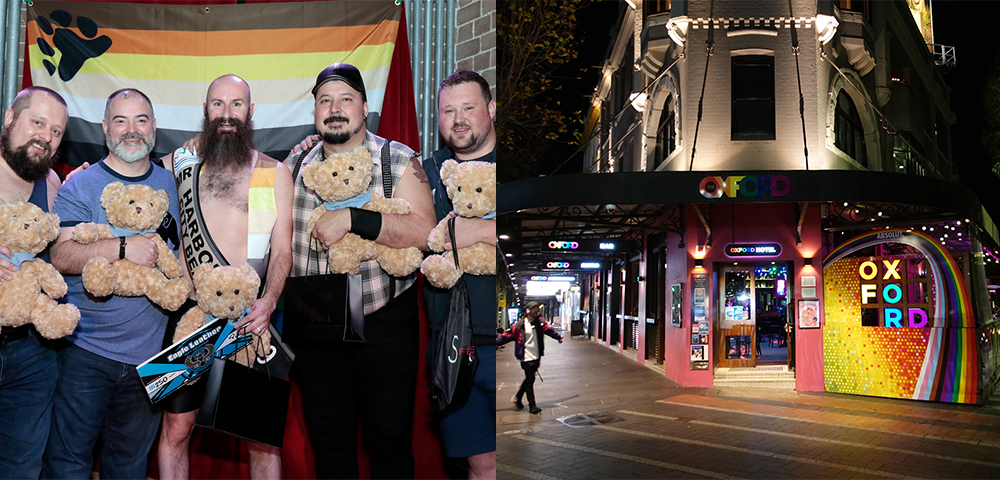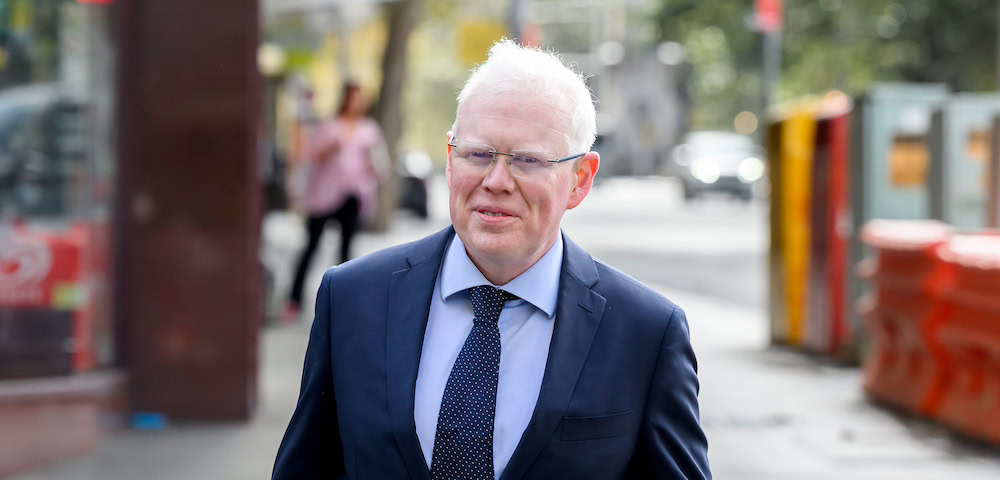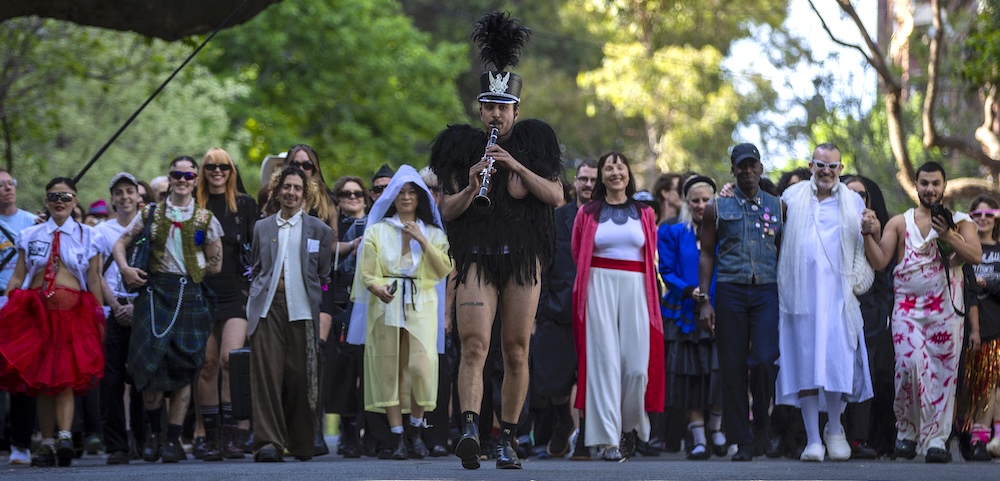
What was the hanging offence?
The story of two Iranian teens hanged for gay sex spread through blogs and email lists last month with the urgency and speed only possible in the internet age. But as new details emerge it seems that these initial reports may have been based on mistranslations and misinformation.
International human rights group Human Rights Watch (HRW) now claim that the two teenage boys hanged in Mashad on 19 July were executed not for having sex with each other but for raping a 13-year-old boy.
This is consistent with reports in The New York Times and The Times of London but is still being disputed by some gay activists.
Mahmoud Asgari, 18, and Ayaz Marhoni, 19, allegedly raped the boy at least 14 months prior to their executions, meaning at least one of them was a minor at the time.
Scott Long, director of HRW’s Lesbian, Gay, Bisexual and Transgender Rights Project, believes there is no substantial evidence that the boys were hanged for consensual gay sex. He points to a long article about the case published on the morning of the execution in Quds, a Mashad Farsi daily newspaper.
It is clearly identified there as a rape case, with a lengthy interview with the father of the 13-year-old apparent victim, Long says.
The account there is that the case dates back two years, that the boy in question was seized outside a shopping area by the two boys ultimately convicted, who took him to a deserted area where five other boys were also waiting. (It’s not clear what happened to the five other members of what is described as a gang.) He was gang-raped at knifepoint, according to his father’s account, which is supported by three passers-by who interrupted the act.
It also now seems that an article from the Iranian Students News Agency, translated and circulated by the London gay group OutRage!, was not the first article about this case, as OutRage! believed, and may not have been translated correctly.
OutRage! had reported that the ISNA article said the boys were executed for consensual gay sex. But HRW says the headline and the first sentence of the article make it clear they were hanged for sodomy by coercion (lavat beh onf). Lavat beh onf, HRW says, is an archaic phrase that is not the normal way to refer to rape.
Ultimately, HRW’s Long said, one has to ask what is the basis for believing that the boys were tried for consensual sodomy. It boils down to an English-language article on the Iran Focus website having made no mention of the rape charge. There is no other substantial evidence.
OutRage! continues to disagree.
The ISNA report seen by our contacts in Iran makes no mention of rape or of a 13-year-old boy. It states they were hung for homosexual acts, OutRage! leader Peter Tatchell said this week.
OutRage!’s sources for our reportage of this story include clandestine gay and lesbian activists inside Iran, members of the democratic and left Iranian opposition, and the websites of government-sanctioned news agencies in Iran.
We work with many exiled gay Iranians in London, Tatchell said. They confirm that smears and torture against gay people are routine in Iran. Whenever the regime wants to deflect criticism, it trumps up charges of alcoholism, adultery, rape and drug abuse against the victims of its brutality.
OutRage! is aware of other cases in the region where a false claim of rape has been used by parents to spare a family the shame of having a gay son and to save him from imprisonment and/ or execution.
Iran’s shariah-law capital offences include murder, rape, armed robbery, apostasy, blasphemy, serious drug trafficking, repeated sodomy, adultery, prostitution, treason and espionage, according to Agence France-Presse.
Meantime, the European Union presidency, currently held by the United Kingdom, has denounced the executions.
The European Union wishes to convey its deep concern over reports of a public execution of two youths in Mashad on 19 July 2005 despite the fact that one of the youths, Mahmoud Asgari, was aged under 18 at both the time of the crime and the execution, the presidency said.
Three members of the US House of Representatives have written to US secretary of state Condoleezza Rice demanding she get to the bottom of the story.
Initial reports were that the 16-year-old and 18-year-old boys -¦ were punished for homosexual activity with each other, the congressmen said.
In other reports, the Iranian authorities claim the teenagers were accused of raping a 13-year-old boy. Some human rights groups suspect that this charge may have been trumped up as an excuse for the brutal treatment of gay people and to undermine public sympathy for the boys.
The representatives urged Rice to investigate and clarify the facts surrounding the execution of the two teens, including whether the charges and the conviction were due to their homosexuality, and if they were, [to] issue a strong condemnation of this brutal killing.
They also urged Rice to condemn Iran for its national policy of persecution of its citizens based on sexual orientation.
Back in Europe, the Netherlands’ Immigration and Naturalisation Office announced 28 July that it will no longer expel illegal Iranian immigrants who are gay, pending completion of a Ministry of Foreign Affairs study on the situation of gays in Iran.
According to a new interview with the publishers of the Iranian gay magazine MAHA conducted by the website GayRussia.ru, gay life in Iran is not as dire as some reports suggest.
MAHA is distributed from inside Iran via email in PDF format. (If it were published on the web or in traditional magazine format, it would probably be blocked or banned by the government.) The magazine has 600 subscribers.
The publishers said gay men and lesbians are no longer routinely persecuted in Iran.
The regime does not systematically persecute gays any more, there are still some gay websites, there are some parks and cinemas where everyone knows that these places are meeting places for gays, they wrote.
Furthermore it is legal in Iran that a transsexual applies for sex change and it is fully accepted by the government. There are some media which sometimes -“ not often -“ write about such issues. Having said that, the Islamic law, according to which gay punishment is death, is still in force, but it is thought [to be] not much followed by the regime nowadays.









